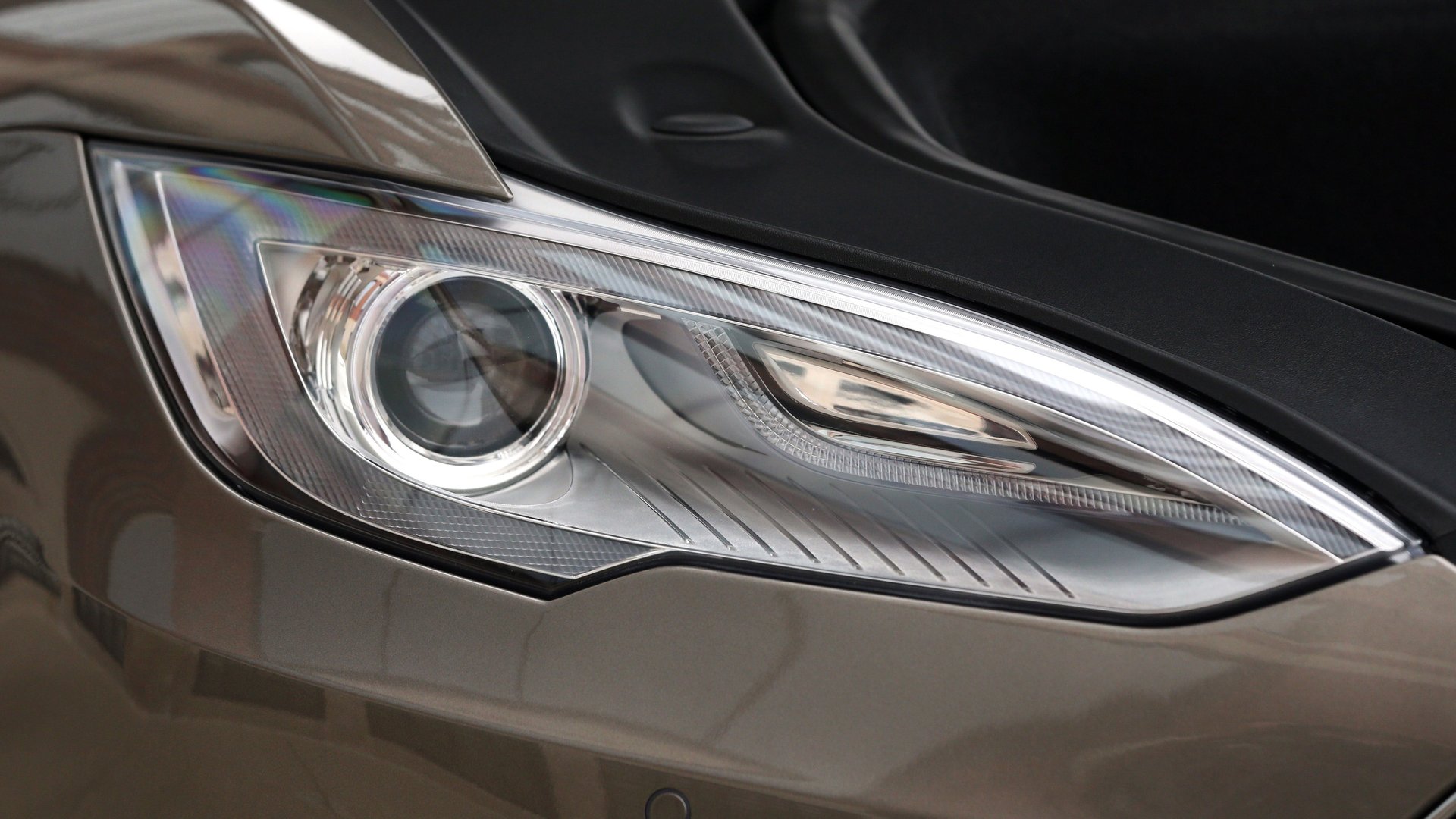Tesla shares are sinking after Consumer Reports raised reliability concerns about the Model S
Tesla shares are getting hammered today (Oct. 20) after Consumer Reports withdrew its recommendation for the Model S, citing issues with reliability. The stock was down more than 9% in intraday trading, resulting in a $2.5 billion loss in market cap.


Tesla shares are getting hammered today (Oct. 20) after Consumer Reports withdrew its recommendation for the Model S, citing issues with reliability. The stock was down more than 9% in intraday trading, resulting in a $2.5 billion loss in market cap.
The news comes as a surprise given the magazine’s rave review of the Model S P85D’s road performance just two months ago. Consumer Reports called it ”the best-performing car we’ve ever tested“—so good in fact that the vehicle broke its ratings system, scoring 103 out of 100 points.
However, after surveying 1,400 Model S owners, Consumer Reports noted reliability problems with the drivetrain, power equipment, charging equipment, center console as well as squeaks, rattles, and leaks with the body and sunroof. “From that data we forecast that owning that Tesla is likely to involve a worse-than-average overall problem rate,” wrote Mark Rechtin in a updated review. ”It also means the Model S does not receive Consumer Reports’ recommended designation.” (Cars recommended by Consumer Reports must have an average or better predicted problem rate.)
Tesla is taking the critique in stride and says it will address the issues.
“Consumer Reports also found that customers rate Tesla service and loyalty as the best in the world,” the company noted in a statement to Quartz. “Over-the-air software updates allow Tesla to diagnose and fix most bugs without the need to come in for service. In instances when hardware needs to be fixed, we strive to make it painless.”
But Consumer Reports noted the bills could add up quickly for customers once their warranty period expires. That shouldn’t be a huge problem for many Model S owners, given Tesla’s current clientele, but it could mean headaches if the technology in the Model S goes unfixed as it makes its way to the more affordable Model 3, a $35,000 mass-market car expected in two years.
“It’s one thing to have a quirky, problematic car that sells 20,000 units per year to wealthy people who probably own at least one backup vehicle,” said the magazine. “It’s quite another when Tesla scales up to its 2020 projection of 200,000 U.S. Model 3 buyers, who may not have the luxury of being so forgiving.”